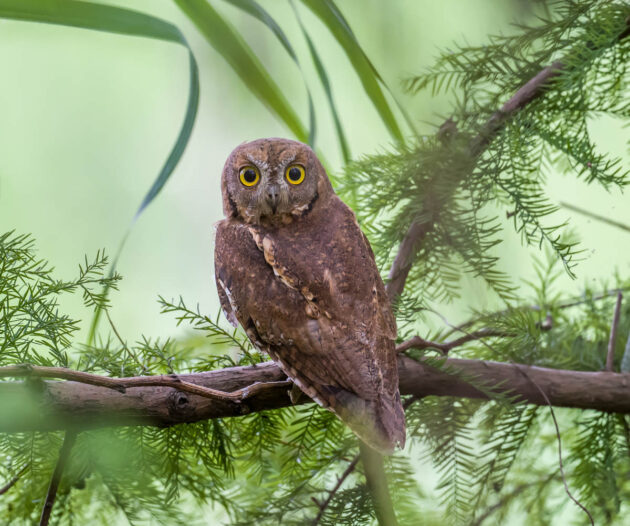
It is important when writing for respectable media sources, such as this site, not to jump to conclusions or resort to resort to stereotypes, even when dealing with birds. It simply wouldn’t do to describe all American wood-warblers and pointless fairy-birds or shorebirds as depressingly dreary indistinguishable blobs. So it was with some interest that I saw an article in my local paper describing a bird here in New Zealand as having joined the criminal fraternity.
It seems a family in Otago made a puzzling discovery on their morning walk. Hanging from a tree was a $13,000 dollar watch of a rather fancy brand. Rather than simply pocket the thing and go on with their day a few grand richer they took it to the local police station and handed it in. Just before they found the watch they had seen a magpie fly off (hardly uncommon in rural New Zealand) and so it was concluded by all that it was probably “the bird wot done it”.
Case solved, done the pub for a jar? Let’s go one step further and look at this. It is certainly true that mapgies have a reputation for enjoying pilfering shiny things. It’s quite common folk mythology in Europe, and has spread through Anglophonic culture through works like Tintin and the Batman villain Magpie. But before the jury makes a decision, I feel the need to point out that here we’re taking about the Eurasian Magpie. A species not found in New Zealand. Indeed, the species of magpie found in New Zealand, the Australasian Magpie, is not even a true magpie. Magpies are members of the crow and jay family, whereas Australian magpies are giant butcherbirds of the currawong and woodswallow family. And while Australian Magpies are undoubtably many things – introduced to New Zealand, sometime aggressive attachers of children and cyclists – they do not as far as I can tell have a reputation for larceny.
 This young Australian Magpie still can turn its life around and avoid a lifetime of crime
This young Australian Magpie still can turn its life around and avoid a lifetime of crime
Moreover, it’s also worth noting that Eurasian Magpies may have a reputation for pilfering shiny things, but that is not the same as actually being inclined to steal things. The folk reputation is just that, a folk story. They don’t do it.
So the wrong culprit has been named in the media, although the bird in question is unlikely to sue for defamation. As for who stole the expensive watch and hung it in a tree? Your guess is as good as mine, but if you ask me those Dunnocks look pretty shifty.





 New writers welcome – please contact us for details.
New writers welcome – please contact us for details.

















Leave a Comment